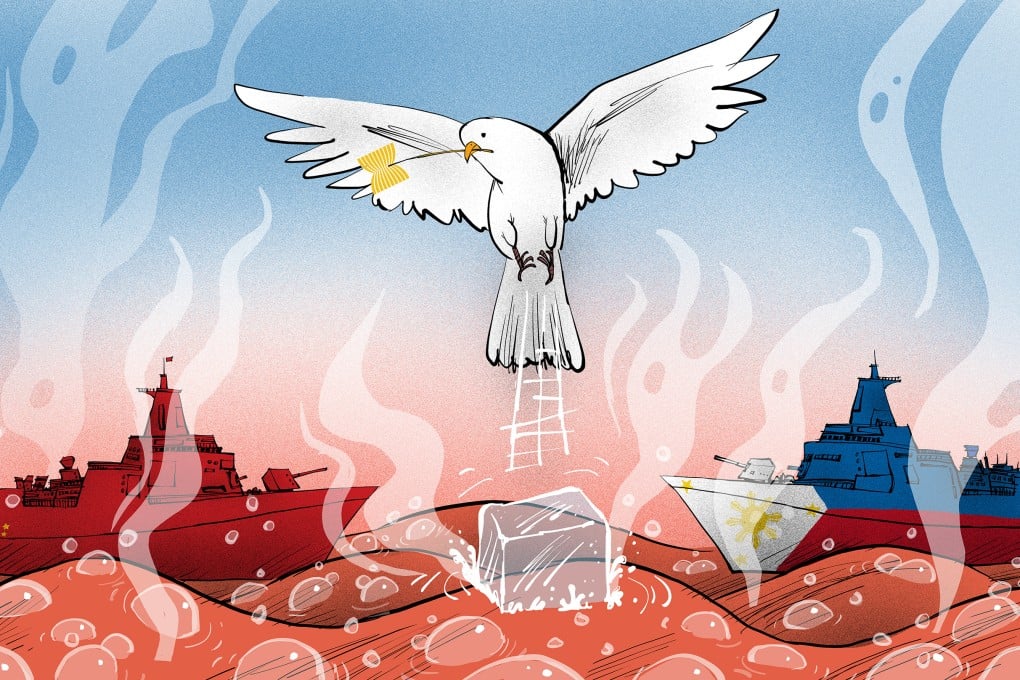Advertisement
Opinion | Asean must calm South China Sea waters or risk ‘Asia’s Ukraine’
- As the Philippines looks for allies outside Asean to support its South China Sea stance against Beijing, Southeast Asia risks becoming a theatre of war
- Although Asean believes in non-interference, failing to act to de-escalate tensions would only undermine its centrality and risk the region’s peace and prosperity
Reading Time:4 minutes
Why you can trust SCMP
15

As disputes in the South China Sea risk escalating into open conflict, the Association of Southeast Asian Nations must reassert its centrality to prevent the region from becoming a theatre of war, and a pawn on someone else’s chessboard.
With pro-Palestinian encampments proliferating across US campuses, comparisons to the anti-Vietnam war protests of the 1960s have emerged. The Biden administration’s reluctance to rein in Israel’s destruction of the Gaza Strip has divided the nation and sparked questions about US leadership in upholding a rules-based world order.
A survey conducted earlier this year by the ISEAS-Yusof Ishak Institute in Singapore of policy influencers and leaders found that more in Southeast Asia favoured alignment with China over the United States for the first time. The US’ unquestioning support for Israel in the Gaza conflict is no doubt a factor.
Advertisement
In an unusual move in March, Singapore demanded that the Israeli embassy remove a Facebook post due to its potential to inflame religious sentiments. In Malaysia, Prime Minister Anwar Ibrahim has emerged as a leading voice condemning Israel’s ruthless assault on Gaza and championing the Palestinians’ right to statehood.
Next year, Malaysia assumes chairmanship of Asean. Anwar has pledged to revitalise Asean-led forums, such as the East Asia Summit. A pivotal strategy in the preservation of Asean’s centrality is hewing to neutrality, refraining from taking sides and fostering collaboration.
Advertisement
Amid the US-China trade war, maintaining neutrality has proven advantageous for Southeast Asia. Countries like Vietnam and Malaysia have welcomed increased investment as the US pursues “friendshoring”, even as they continue to engage with Beijing despite territorial disputes.
Advertisement
Select Voice
Select Speed
1.00x
